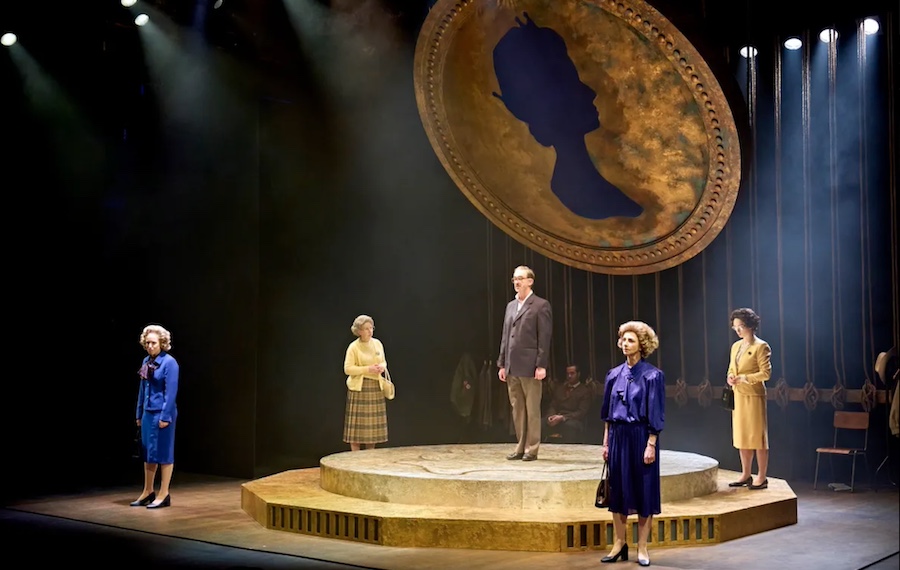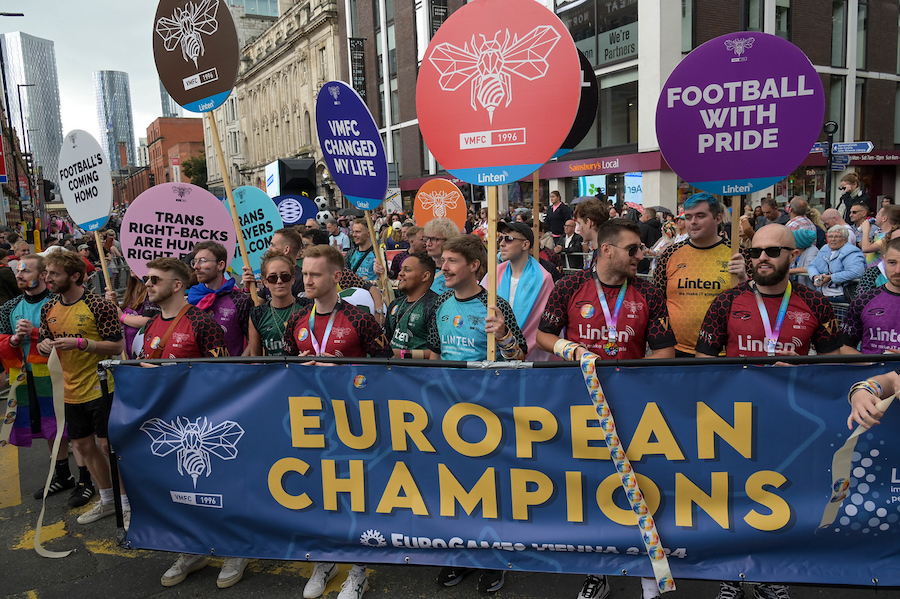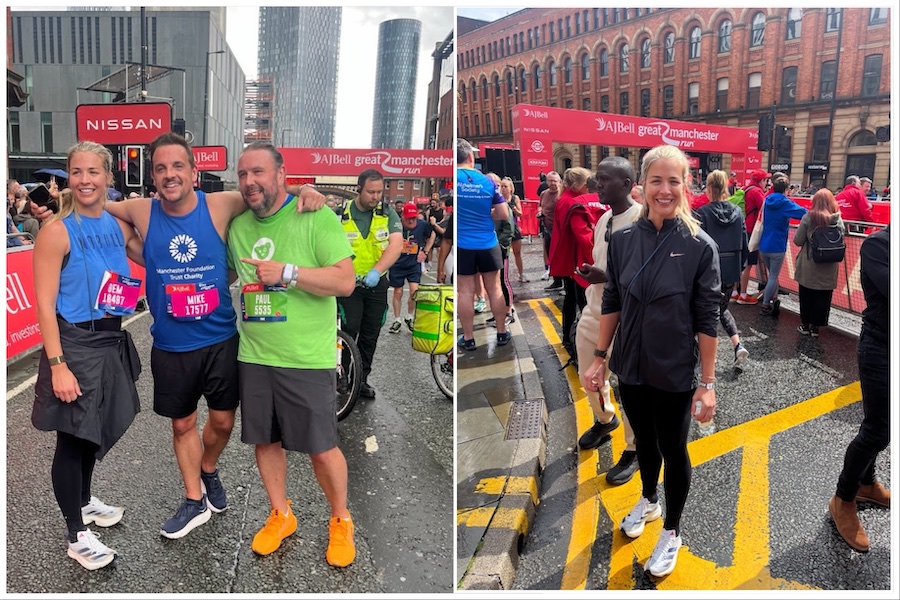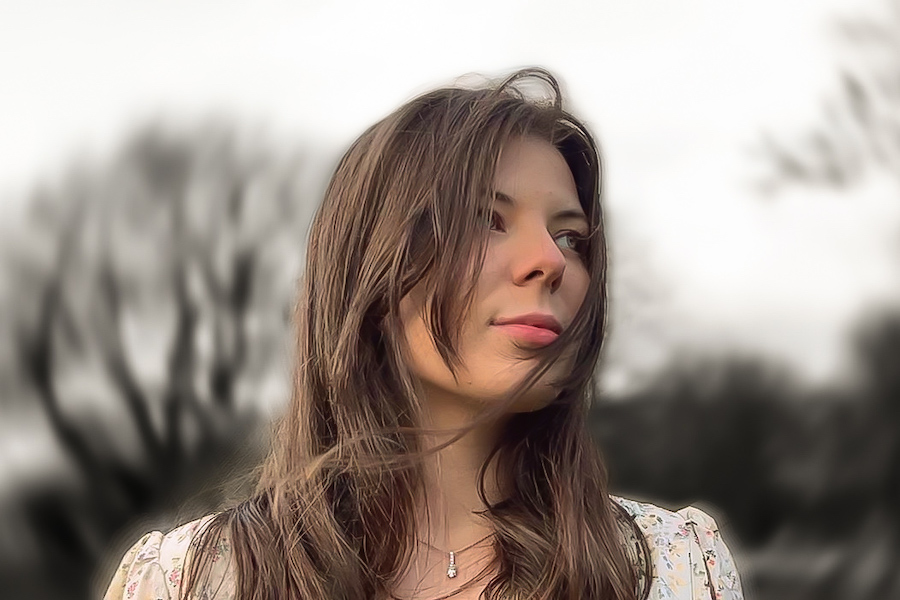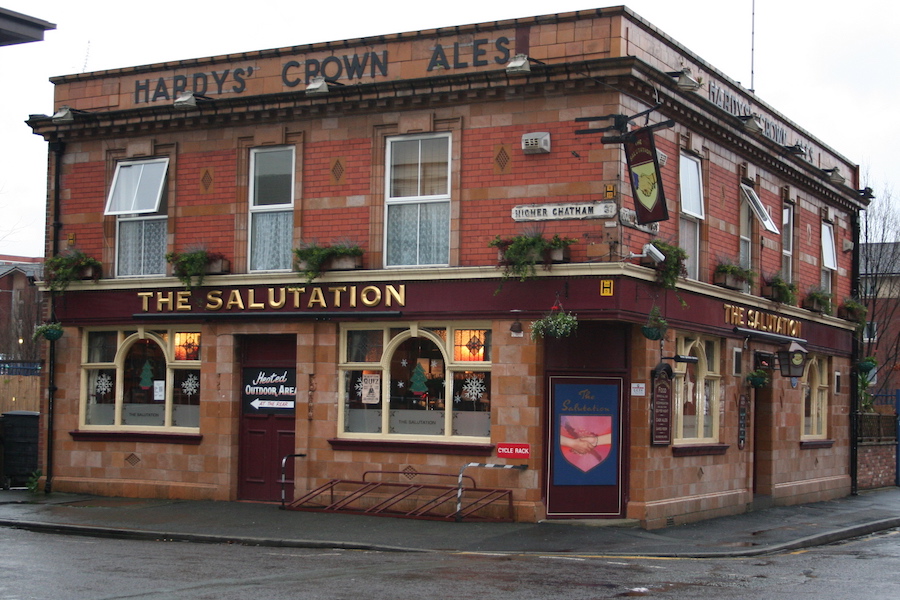Worker Bee: meet Bev Craig, Leader of Manchester City Council
- Written by Thom Bamford
- Last updated 2 years ago
- City of Manchester, Cornerstone, People
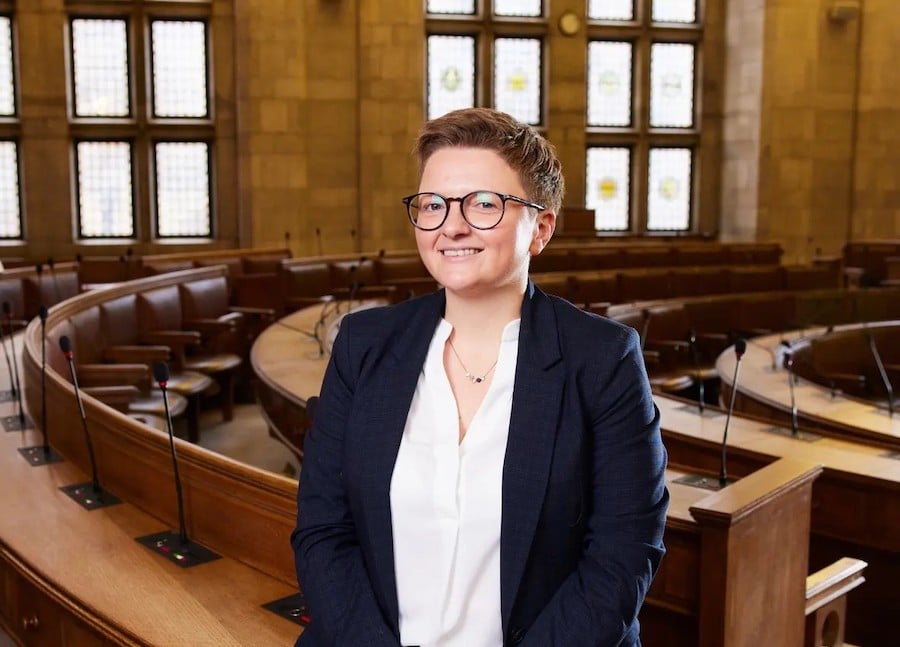
Craig, who grew up on a working-class estate just outside of Belfast, was elected as leader of the ruling Labour group at the end of 2021.
Since taking over the role, her priorities have been building homes, many of which are going to be affordable and making Manchester a more equal place with opportunities for all.
She sees the responsibility of leading a city like Manchester as getting the best deal for the city.
We sat down with her to get a picture of the person taking Manchester forward.
Tell us about yourself. Your background and recent projects…
So obviously, the leader of Manchester Council has been me since December 21.
Originally from Belfast, like many others, I moved to Manchester University in 2003.
I’m now celebrating my 20th year in the city, and like many others, I fell in love with the place and decided to call it my home.
I never thought I would be involved in politics, especially growing up in Northern Ireland where I was not involved in big-party politics.
However, I have always been interested in equality and social justice.
After graduating, I worked for a council.
I got elected as a local councillor for Burnage in 2011 and worked in various roles at the council, leading in health, wellbeing, and social care.
In 2019, I worked politically and oversaw the city’s response to the pandemic.
When Richard Leese announced he was standing down in 2021, I decided to give back to the city and put myself forward for the position.
What got you started in your field of work?
I became interested in politics as I grew up and realised that people’s backgrounds in terms of income and class don’t always provide them with equal opportunities.
I have always been involved in campaigning and LGBT activism since my teens, but decided to join the Labour party in 2009.
I saw the impact that I could have, which made me want to do more for my community.
Who have been the biggest influences on your work?
There are many people who have influenced my work, including those who were involved in women’s rights, anti-racism, and LGBT rights movements.
So many people along the way have been great to me, It’s hard to single anyone out.
I have been representing the ward of Burnage for 12 years now.
Although council leaders are elected by the party with the most counsellors, I am still a local and involved at the grassroots.
I can go from making big strategic decisions to dealing with simple matters like bins.
What is your proudest achievement so far?
I would say that there have been three important things in my whole career.
The first was the city’s response to the pandemic, where I oversaw the council’s health and care response, as well as our community response, which included setting up the food partnership to get aid to people quickly.
Watching people come together and help was one of the most humbling experiences I’ve had.
Since becoming leader, there have been two big things for me.
The first is Manchester’s new housing strategy, which aims to build 36,000 homes over the next 10 years, with 10,000 of them being genuinely affordable social housing.
This is something that we haven’t done enough of in recent years.
The second since becoming the leader, we have launched a program of work called Making Manchester Fairer, which is aligned with our efforts to tackle inequalities, such as poverty and racial inequalities.
42% of children in Manchester still live in poverty, and we are working to address this issue.
What does your typical day involve?
I would say that on most days, my meetings would begin around half past eight in the morning and run throughout the business day.
Additionally, I would typically have some kind of meeting in the evening.
A good night for me is when I am able to return home by eight o’clock, while a less good night would mean getting home a bit later.
Balancing the responsibilities of running a council, which is as close to a nine to five job as possible, with the community engagements that I want to be involved in, as well as leading and shaping a city can be challenging.
I do work long hours and try to fit in some exercise when I can. However, I am not the type of person who gets up at 4 am to complete a 10 km run.
Making time for myself is essential, and I try to protect my time on Friday and Saturday nights, which are usually reserved for relaxation.
And how do you relax on your days off?
When I do have time off, sports are a massive part of my life.
Although I am not a big runner, I enjoy going to the gym and going on little runs.
Hockey is my main hobby, and I have played it on and off my entire life.
I also enjoy doing all the usual things, like spending time with friends, going out for food and drinks, and going on holidays.
Fortunately, my partner and friends are mostly outside of politics, which allows me to switch off easily and spend time with people from different backgrounds and professions who keep me grounded.
What is the best advice you have been given or can give?
I believe that owning your own story is important, even though it may sound cheesy.
This idea resonates with me because when I started university, I had a working-class background and lacked confidence in talking about my life experiences and how they shaped me.
I felt like I needed to fit in, so I assimilated to the environment.
However, I learned that I shouldn’t do that too much because it can rub off the edges of my unique experiences and life story, which are some of the most interesting things about me.
It’s similar to being true to yourself or being your best self, but for me, it’s more about recognising that if you’ve experienced adversity, it can make you stronger.
Therefore, don’t be afraid to bring pieces of your background into the job you do.
If things hadn’t worked out, what else could you have seen yourself doing?
I would say probably a whole bunch of things, like working fewer hours and thinking about the signs of burnout, but on a serious note, as a kid, I came to university and my first degree was in law.
However, that wasn’t for me, so I ended up in humanities.
Working somewhere in public policy would be where I see myself, probably in the public sector, trying to make a difference.
Tell us one thing about yourself people might be surprised to hear…
I’m not sure if it’s surprising, but it might be interesting to know that I hadn’t eaten a salad until I was 18 years old.
I just didn’t understand the concept of salads, and I couldn’t see why anyone would pay for fresh greens.
Literally anything is nicer, isn’t it?
Red or Blue?
Red.
If you could change one thing about Manchester, what would it be?
Um, it has to be serious, isn’t it?
For me, I just want to make Manchester more equal and prosperous.
My view is that we need to tackle some of the inequalities we have and ensure that everybody benefits from Manchester’s success.
It’s very diplomatic, but everyone else just talks about the weather or traffic.
If you live in Manchester, you know it’s going to rain!
And finally, what do you love most about Manchester?
Without doubt, it’s the people.
The community spirit and civic pride that we have in Manchester, which is unrivalled.
There’s nowhere in the world like Manchester.
- This article was last updated 2 years ago.
- It was first published on 20 April 2023 and is subject to be updated from time to time. Please refresh or return to see the latest version.
Did we miss something? Let us know: [email protected]
Want to be the first to receive all the latest news stories, what’s on and events from the heart of Manchester? Sign up here.
Manchester is a successful city, but many people suffer. I Love Manchester helps raise awareness and funds to help improve the lives and prospects of people across Greater Manchester – and we can’t do it without your help. So please support us with what you can so we can continue to spread the love. Thank you in advance!
An email you’ll love. Subscribe to our newsletter to get the latest news stories delivered direct to your inbox.
Got a story worth sharing?
What’s the story? We are all ears when it comes to positive news and inspiring stories. You can send story ideas to [email protected]
While we can’t guarantee to publish everything, we will always consider any enquiry or idea that promotes:
- Independent new openings
- Human interest
- Not-for-profit organisations
- Community Interest Companies (CiCs) and projects
- Charities and charitable initiatives
- Affordability and offers saving people over 20%
For anything else, don’t hesitate to get in touch with us about advertorials (from £350+VAT) and advertising opportunities: [email protected]
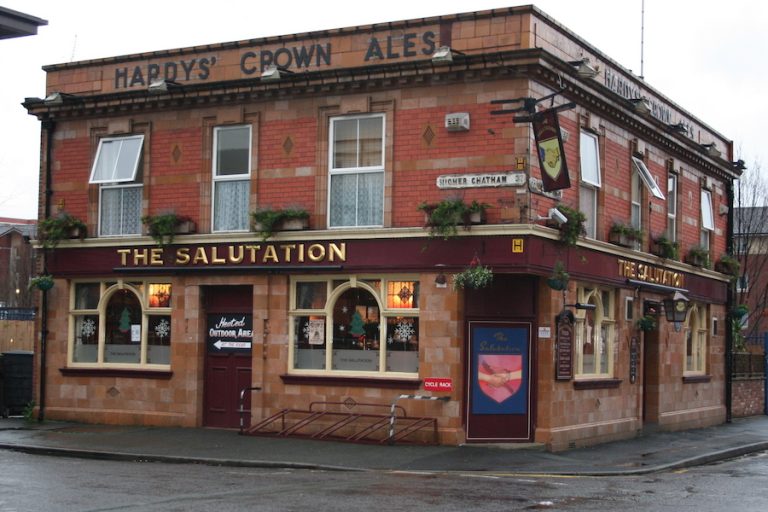
How The Salutation became a cornerstone of Manchester’s story

Ukrainian artist studying in Manchester shares inspiring message about living life to the full
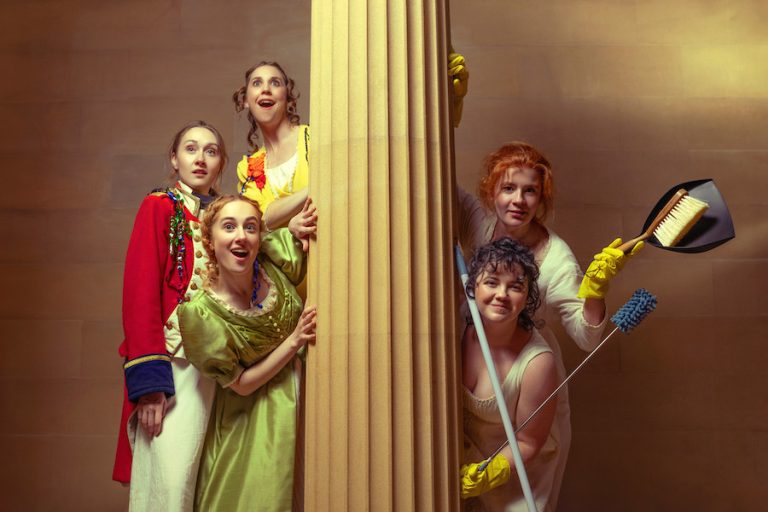
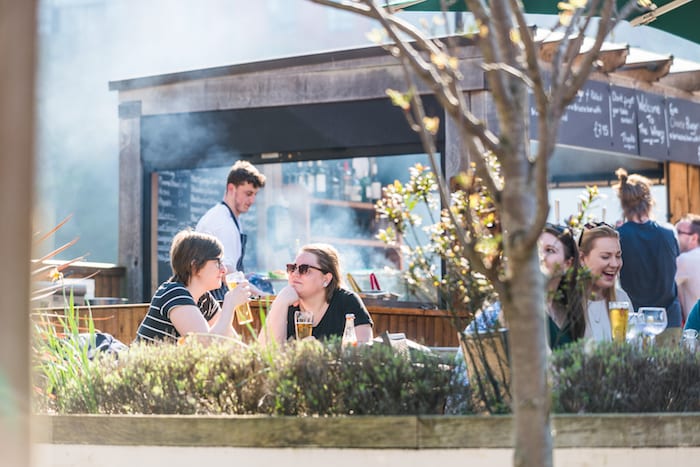
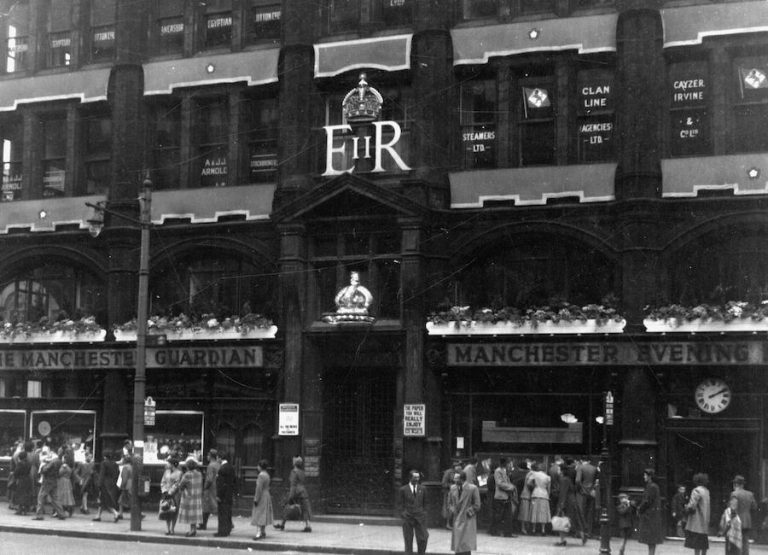
How Manchester’s turbulent past shaped a global icon of journalism






